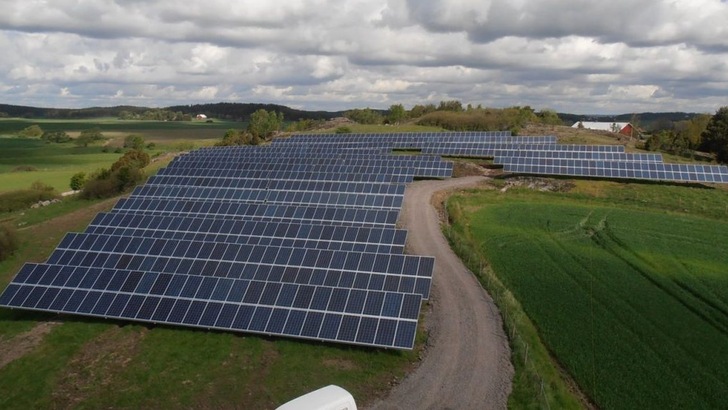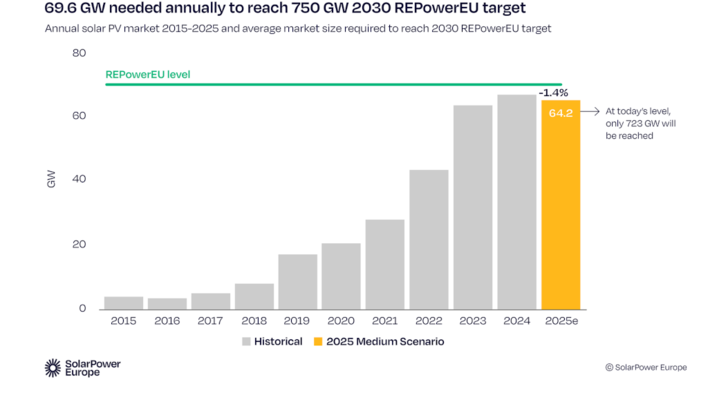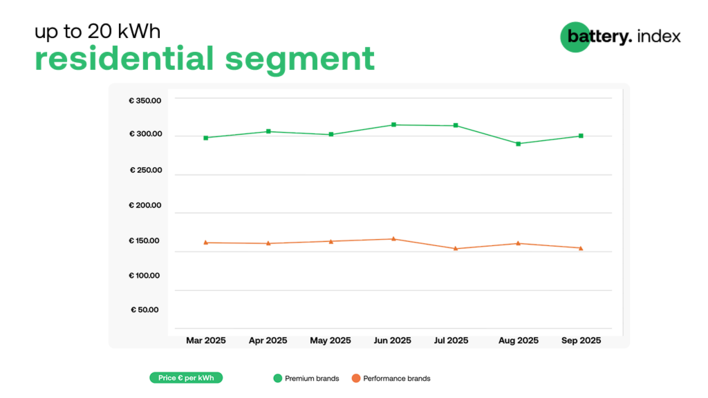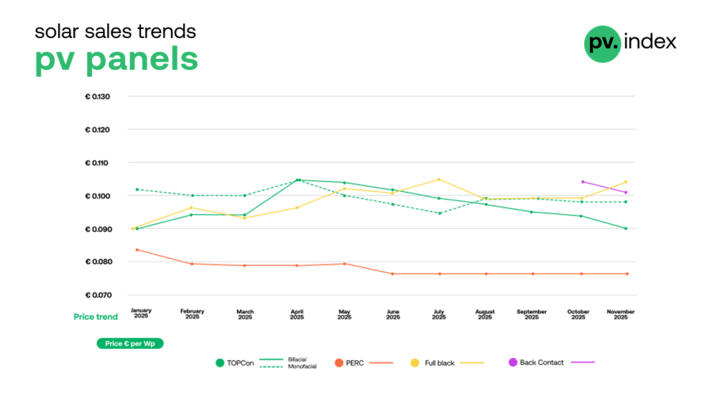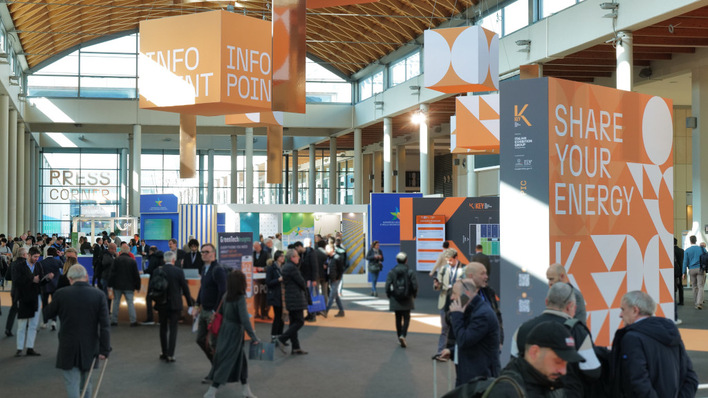Despite the pandemic, solar deployment was higher in 2020 than in any previous year. A rebate scheme has been supporting solar growth, which was due to expire but was extended at a lower level for 2021, exclusively supporting businesses and municipalities, who had applied for the support before July 2020.
Residential PV owners benefit from a new tax deduction of 14.55 % of the installation cost since January 1st 2021. The Swedish Energy Agency predicts a continued rise in solar power in Sweden this year and through into 2022, despite any economic setbacks posed by the ongoing health crisis. Solar in Sweden has proved itself resilient to these difficult circumstances.
Sweden needs a plan for large scale solar
Commenting the state of solar Sweden, Anna Werner, CEO of Svensk Solenergi, said: “Finally, now we can count national installed capacity in gigawatts and celebrate that we left tedious megawatt counting behind us. To keep the installed capacity increasing to new heights, Sweden needs a national plan for how to make the country attractive for investments in large scale solar“.
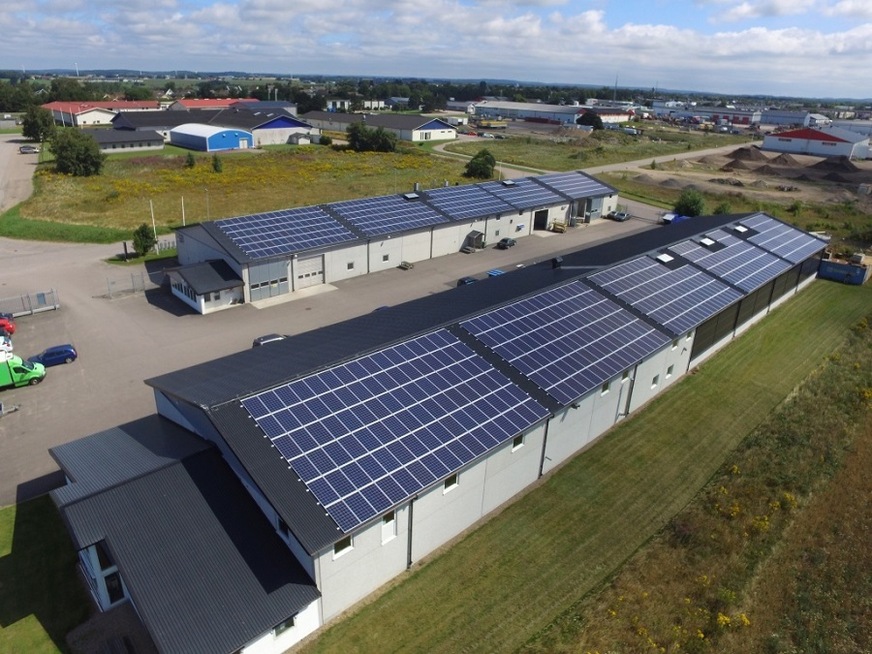
Hallands/Solarwatt
„We have a green tax deduction for households who invest in residential installations, but for the large-scale ground mounted solar installations we have seen no improvements lately. It must become much easier to get the permission to build solar parks in areas with high insolation in the more densely populated southern parts of the country“, Werner said.
Did you miss that? Sweden: Boost for PV through innovative funding scheme
Werner continued: “In Sweden, we have most of the electricity production in the north and most of the energy consumption in the south. Solar power in the south of Sweden would even out the imbalance and we would not have to transport so much electricity from the north (electricity bidding area SE1) to the south (electricity bidding area SE4).” (hcn)
Read more: BayWa r.e. expands solar business in Sweden


